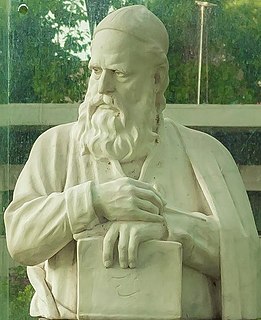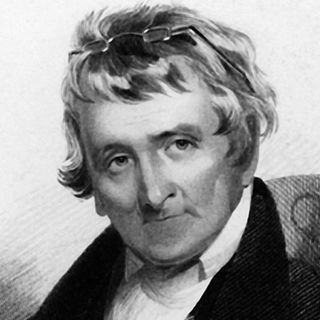A Quote by Oscar Wilde
There were opium-dens, where one could buy oblivion, dens of horror where the memory of old sins could be destroyed by the madness of sins that were new.
Related Quotes
One has to say that they [Eleanor and Franklin Roosevelt] were pioneering to some extent. They didn't know that some of the housing projects that they were putting up for the poor were going to turn into crack dens and rapists' bowers and things of that sort, which they have since become. But you can't always foresee the future. I'm sure their intentions were the best.
A bath in Ganges undoubtedly absolves one of all sins; but what does that avail? They say that the sins perch on trees along the banks of the Ganges. No sooner does the man come back from the holy waters that the old sins jump on his shoulders from the trees. The same old sins take possession of him again. He is hardly out of the waters before they fall upon him.
We are not to look upon our sins as insignificant trifles. On the other hand, we are not to regard them as so terrible that we must despair. Learn to believe that Christ was given, not for picayune and imaginary transgressions, but for mountainous sins; not for one or two, but for all; not for sins that can be discarded, but for sins that are stubbornly ingrained.
These ways to make people buy were strange and new to us, and many bought for the sheer pleasure at first of holding in the hand and talking of something new. And once this was done, it was like opium, we could no longer do without this new bauble, and thus, though we hated the foreigners and though we knew they were ruining us, we bought their goods. Thus I learned the art of the foreigners, the art of creating in the human heart restlessness, disquiet, hunger for new things, and these new desires became their best helpers.
Old Khayyám, say you, is a debauchee;If only you were half so good as he!He sins no sins but gentle drunkenness,Great-hearted mirth, and kind adultery.But yours the cold heart, and the murderous tongue,The wintry soul that hates to hear a song,The close-shut fist, the mean and measuring eye,And all the little poisoned ways of wrong.
The Lord never came to deliver men from the consequences of their sins while yet those sins remained...Yet men, loving their sins and feeling nothing of their dread hatefulness, have, consistent with their low condition, constantly taken this word concerning the Lord to mean that he came to save them from the punishment of their sins.






































